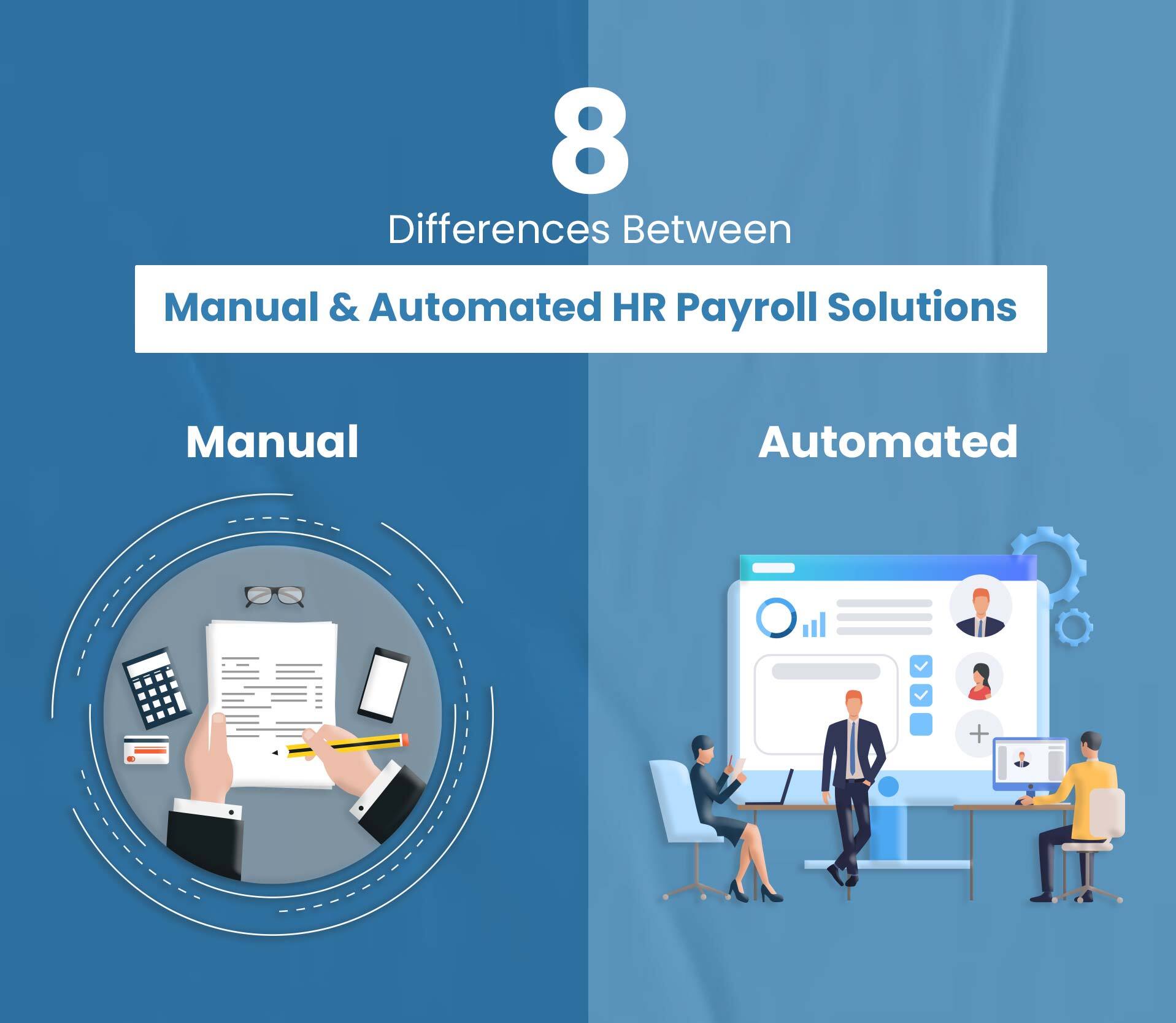Blog
Catch top stories, Stay updated with the trend
Cyber Attacks on Small Businesses
Small businesses are the target of 43% of cybersecurity attacks by hackers, yet more than half of small business owners think they’re not a target because they don’t have anything worth stealing. This is a dangerous assumption: cyber-attacks cost small and medium businesses $2.2 million annually.
Why do small businesses get attacked?
Because many owners think they’re not a target, throw caution to the wind when it comes to security. They keep passwords written on sticky notes, use free antivirus software that’s outdated, or store confidential information on an unsecured server. In other words, they
fall into these common cybersecurity mistakes that make them an easy target for hackers.
Forget the ransomware attacks and data breaches you read about in the news; those only get covered because they affect hundreds of thousands of people at once.
Cybercriminals are selling your personal info too. If you don’t protect it—whether it’s credit card numbers or Social Security numbers—you could be in big trouble. And if your customers trust you with their personal information, you have to keep it safe!
Small businesses are more vulnerable to cyberattacks than large organizations, Canon Business Insight.
60% of cyber attacks target small businesses, and those that are victims of a cyber attack go out of business within six months.
Small businesses are also more likely to be
hit by ransomware and lose data because they don’t have the resources to
recover from an attack.
The best way for small business owners to protect their company is through employee education and hiring a managed service provider, like IT Authorities, to ensure regular monitoring and maintenance of their network infrastructure.
Cyber attacks are only growing more common:
- Cybercrime costs small and medium businesses more than $2.2 million a year.
- And there was a 424% increase in new small business cyber breaches last year.
Healthcare is the industry that’s most at-risk for cyber attacks, followed by the education and finance industries, according
to an annual report on data breaches by the Identity Theft Resource Center (ITRC).
The ITRC reported that:
Small businesses were targeted in 65% of all data breaches in 2017 — almost double the amount reported in 2016.
- The most common types of data breaches were hacking incidents (47%), followed by,
- Unintentional employee or insider mistakes (28%).
- Phishing scams, which involve sending fraudulent emails in an attempt to collect personal information, accounted for 13% of breaches.
- Small businesses are increasing their cybersecurity spending to protect themselves from hackers.
According to a new study by Hiscox, while small business owners aren’t thinking about cybersecurity quite as much as they
whereas last year, they are still making it a priority.
In fact, 59% of small business owners said they will spend more on cybersecurity this year than last year.
What can you do to protect your business?
- Make sure your antivirus and operating systems are up-to-date.
- Never click on any strange links or attachments.
- Use a password manager to make sure your passwords are strong and unique.
- Train your employees on how to avoid being hacked.
Conclusion:
It's true that sophisticated cybersecurity tools, techniques, and expertise don't come cheap, but the cost of a successful
cyber attack is also enough to put a small company out of business.
But when you think about it more, there is only one way out: save costs where possible. For instance, hire an MSSP or an
MSP with security offerings if you cannot afford in-house security professionals. Many small steps can take
you a long way.
So, focus on the absolute essentials for surviving in a multifarious threat environment. Even basic cybersecurity best
practices can drastically mitigate the risks.
Does My Small Business Need a Website
Key Benefits of Having a Mobile App for Your Business
How to Outsource Your Business Digital Marketing
Why Small Businesses Need Custom Software Development
Importance of Search Engine Optimization for Small Businesses
What Is CRM And ERP And How It Can Be Beneficial For Businesses
6 Most Important Digital Assets for E Commerce Business
7 Most Common Web Design Mistakes Small Businesses Make
See All
.jpg)


.jpg)
